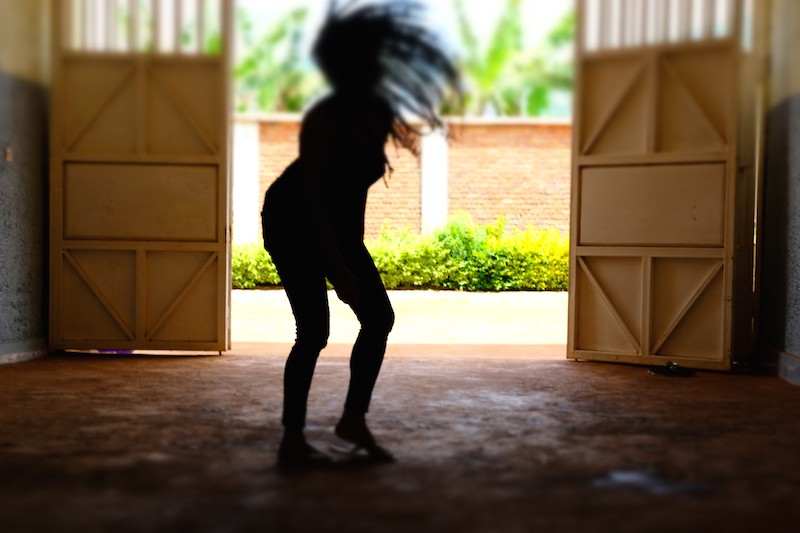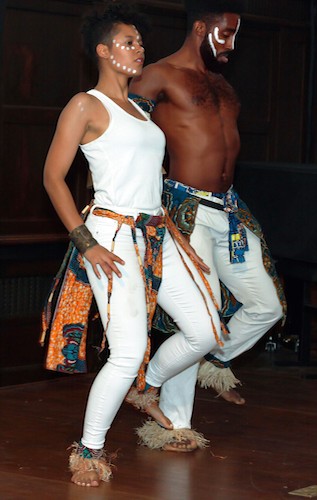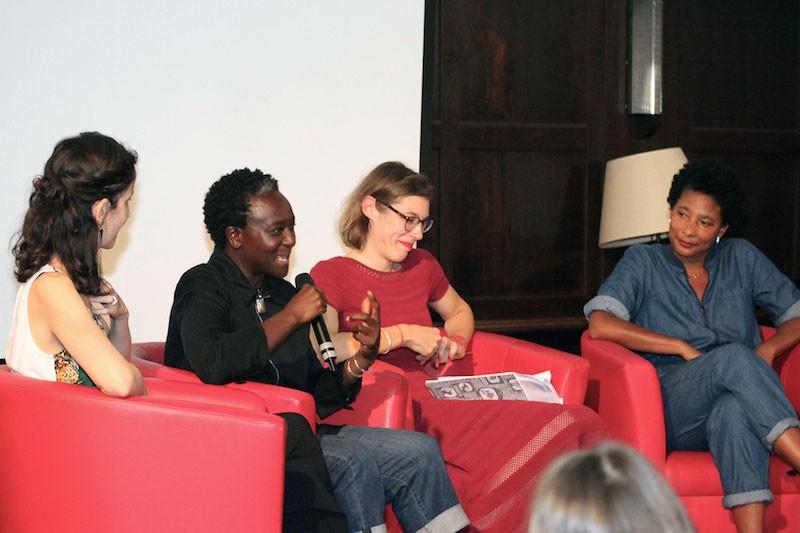French 'Artivist' Partners with 2018 Nobel Prize Winner to Help Victims of Sexual Violence through Dance
The Paris Center inaugurated its fall 2018 cultural season with an event that brought dancers, choreographers, and health professionals together to highlight the project Re-Creation by Loba, which uses dance as a tool for the physical and psychological transformation of victims of sexual violence in the Democratic Republic of Congo.
October 16, 2018


